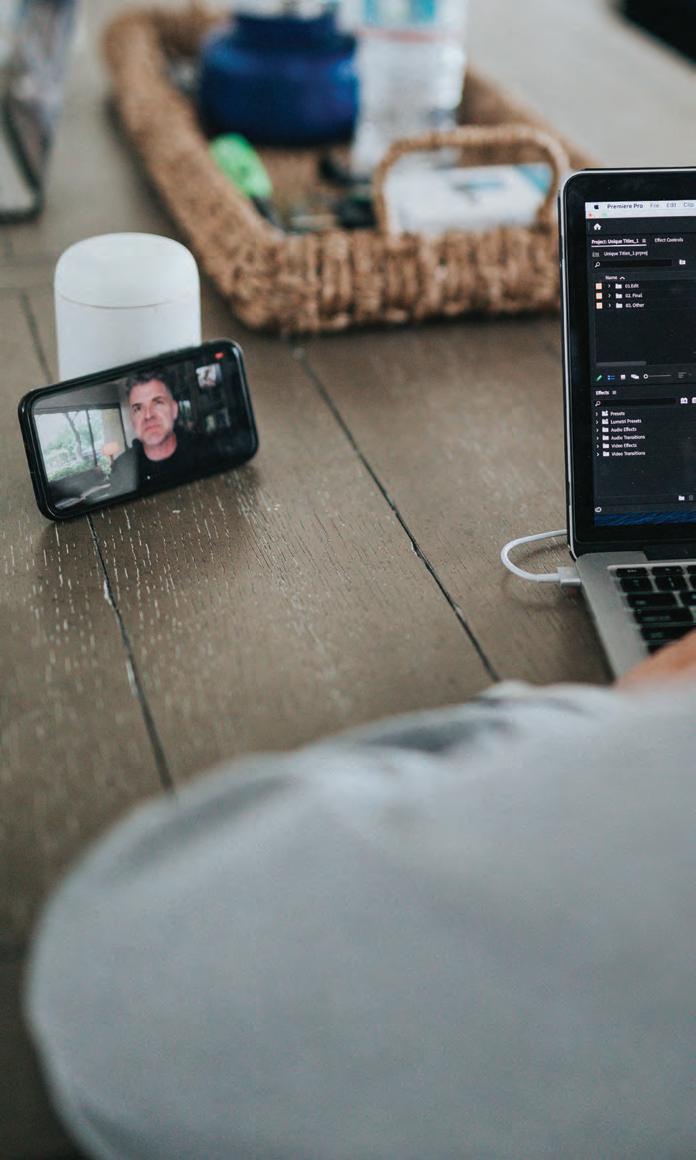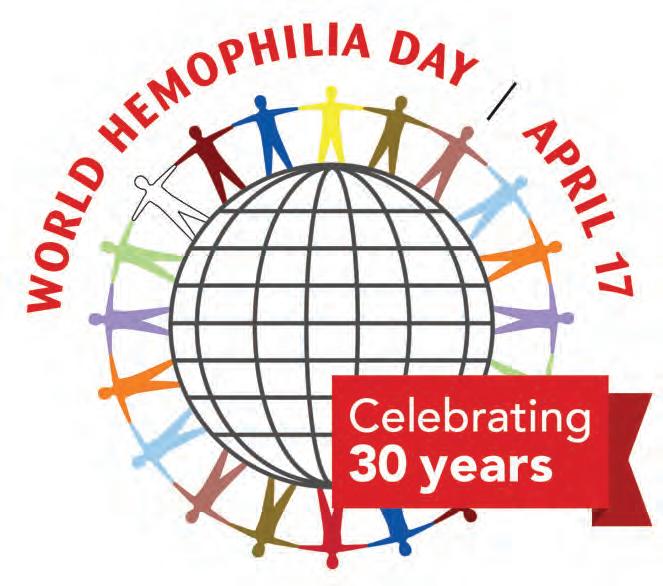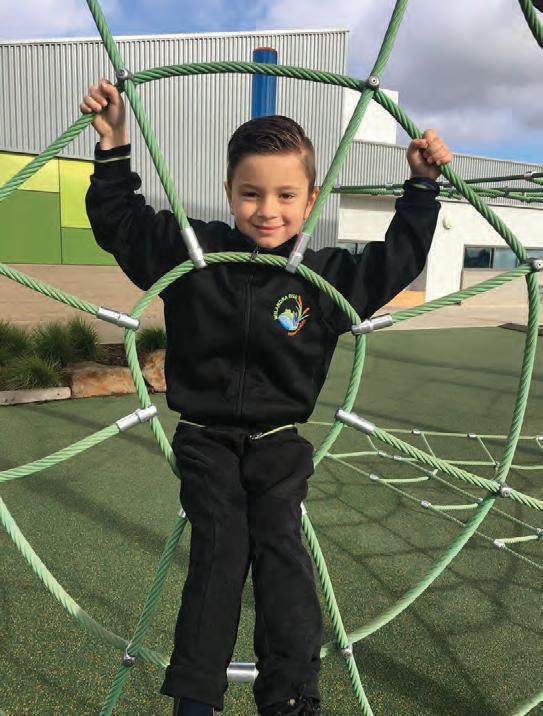
2 minute read
Surviving and Thriving in Times of Pandemics
Loretta Riley
If I may hazard a guess, 2020 isn’t turning out like you imagined.
No-one would have foreseen that we would be physically isolating during our usual activities, keeping a physical distance between ourselves and people we associate with in the workplace, working from home, keeping distance at supermarkets and during any other community activities and staying home as much as possible. That cafes and restaurants would only be able to serve take ‑away.
Or that outpatient clinic appointments would be transformed into virtual clinics - in the Adult Haemophilia Treatment Centre in Queensland we have been using telehealth (videocalls like Skype or FaceTime) and telephone as much as possible.
Despite the fact that these strategies have been implemented to keep us safe and reduce the levels of transmission of the COVID-19 virus, many people across the world have been experiencing reactions of fear, overwhelm, despair, anxiety and loss at varying levels. These reactions are all normal responses to change and the levels of how you experience them varies from person to person, depending on your individual circumstances and what else is happening in your life.
THE THREAT RESPONSE
When we feel under threat, our amygdalas (which are located in our brain and play an important role in our emotions) are switched on, our brain is in ‘protection mode’, trying to keep us safe – you might have heard of the flight, fight, freeze response. During the COVID-19 crisis, our brains have been working from this response at some level. Our bodies have been producing cortisol and adrenaline and other hormones as part of this process. These ‘stress chemicals’ are helpful short-term in our bodies, but over a long time they are not so good for our general health and well-being. When you are in this space, your body is preparing to keep you safe.
You may have noticed:
Difficulty concentrating and focusing on work or things you need to do Difficulty learning new things An increased focus on reading and listening for information on the pandemic – what is happening here or around the world Feeling fatigued Feeling hypervigilant, being acutely aware what is happening around you T eariness/more emotional than usual Changes in appetite Changes in sleep F eeling lonely Feeling disconnected Feeling restless – tapping feet, legs, fidgeting Being less tolerant of others and of ourselves B eing snappy or cranky, edgy or keyed up H eart racing, feeling breathless without exertion Getting annoyed when something gets in the way of what you are doing Finding it hard to wind down or relax









